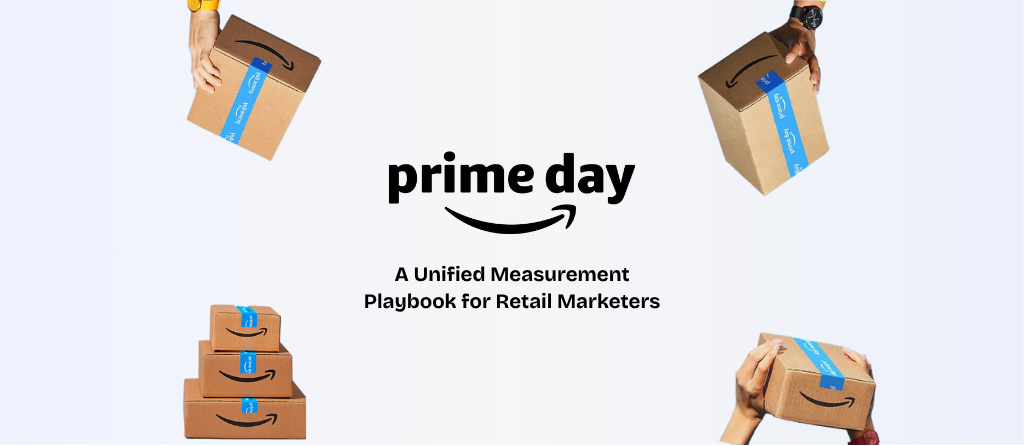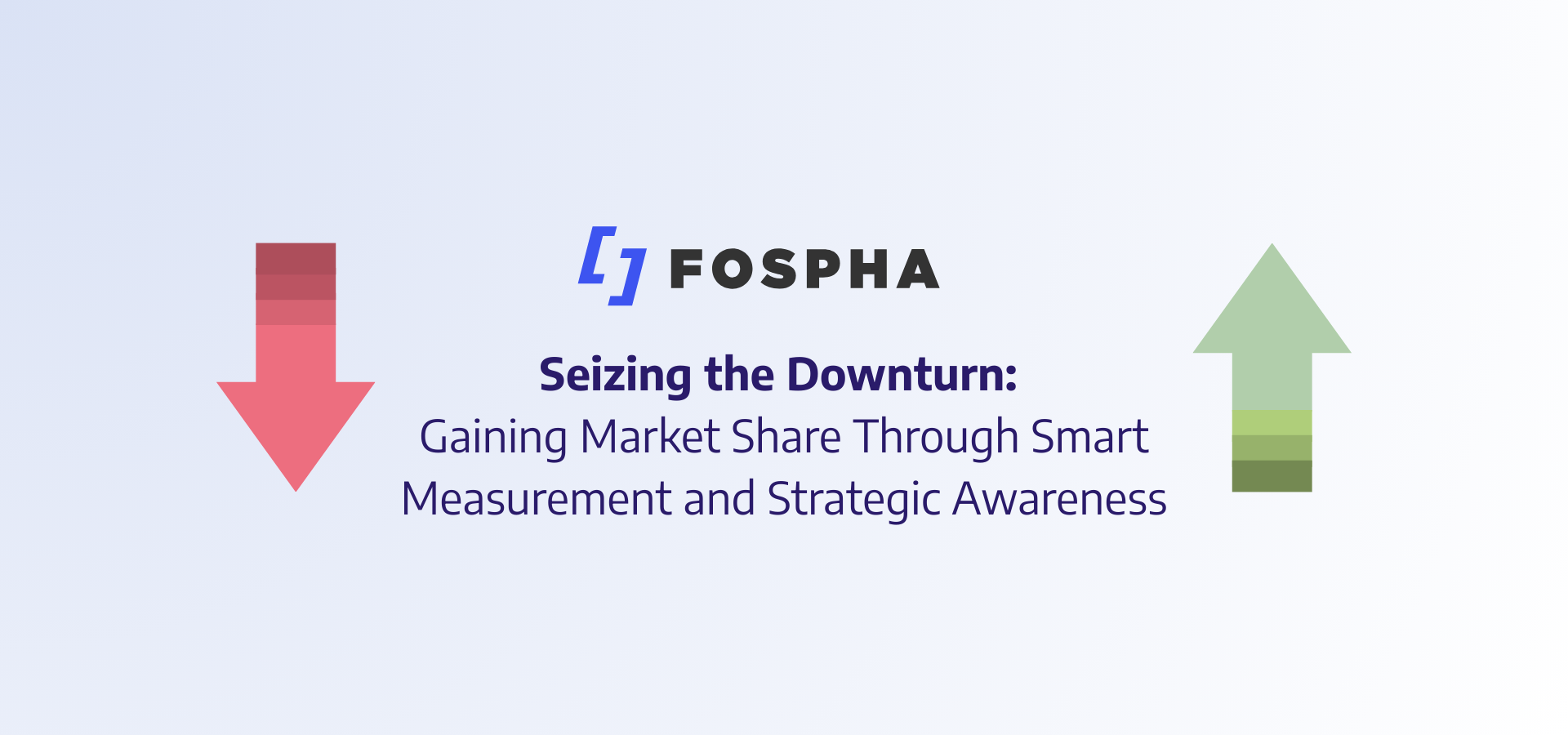In today’s fast-paced digital landscape, scaling a brand effectively requires more than just an innovative product or service. For D2C and e-commerce marketers, understanding the intricacies of growth strategies across different stages of business development is crucial.
A recent analysis of 71 brands offers valuable insights into the optimal strategies for startups, scaleups, mature brands, and majority offline businesses. Here’s what we learned.
Startup Stage: Building the Foundation
Key Strategy: Startups focus on impressions-driven channels like Paid Social to establish their audience base. This approach is essential for gaining visibility and creating a strong initial footprint in the market.
Case Study: Pooch & Mutt exemplified this strategy by leveraging Paid Social to achieve significant year-on-year revenue gains while also improving acquisition costs. This foundational step is crucial for setting the stage for future growth and stability.
Scaleup Stage: Accelerating Conversion
Key Strategy: For scaleups, having already established an audience, the focus shifts to conversion activities. Increasing spend in impressions-led media helps continue generating demand while maintaining a balance with acquisition costs.
Case Study: The Essence Vault successfully applied this approach, scaling their Meta presence while minimizing cost increases. This stage emphasizes the importance of efficient spending to maximize conversion rates and sustain growth momentum.
Mature Stage: Expanding Horizons
Key Strategy: Mature brands invest in higher funnel activities to avoid market saturation and explore international expansion opportunities. This strategic pivot ensures sustained growth and market diversification.
Case Study: Represent scaled their efforts on TikTok, enhancing growth and improving Meta efficiency. By expanding their presence in the US, they exemplified how mature brands can navigate saturation and seek new markets for continued success.
Majority Offline Brands: Embracing Digital Channels
Key Strategy: Majority offline brands primarily invest in click-based channels like Performance Max. However, the analysis reveals significant opportunities in Paid Social, suggesting a balanced approach for optimal results.

Optimal Funnel Strategy
A key takeaway from the analysis is that most brands are under-invested in the higher funnel. The best-optimized brands allocate 18%+ in Meta’s higher funnel and 22%+ in TikTok’s higher funnel, highlighting the importance of strategic investment across various funnel stages.
Conclusion
Understanding and implementing these strategies can significantly enhance your brand’s growth trajectory. Whether you’re at the startup stage or navigating the complexities of a mature business, these insights provide a roadmap for effective scaling.
For a comprehensive guide and more detailed case studies, download the full report here.


